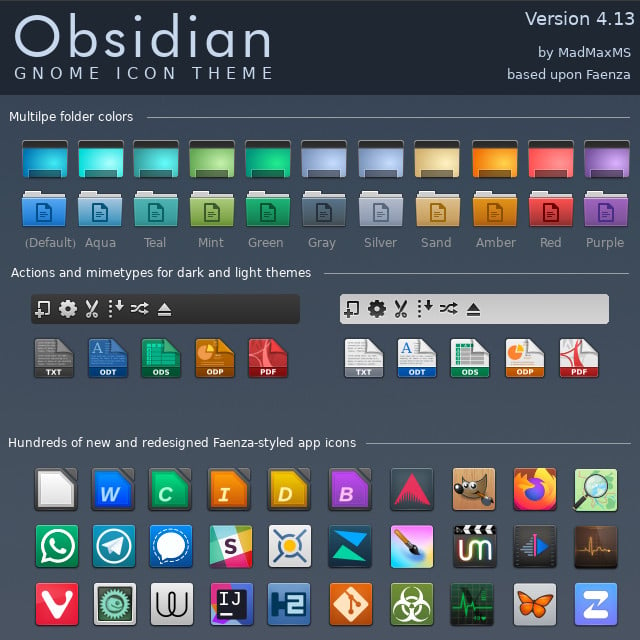this post was submitted on 15 Nov 2024
299 points (94.4% liked)
Linux
61494 readers
788 users here now
From Wikipedia, the free encyclopedia
Linux is a family of open source Unix-like operating systems based on the Linux kernel, an operating system kernel first released on September 17, 1991 by Linus Torvalds. Linux is typically packaged in a Linux distribution (or distro for short).
Distributions include the Linux kernel and supporting system software and libraries, many of which are provided by the GNU Project. Many Linux distributions use the word "Linux" in their name, but the Free Software Foundation uses the name GNU/Linux to emphasize the importance of GNU software, causing some controversy.
Rules
- Posts must be relevant to operating systems running the Linux kernel. GNU/Linux or otherwise.
- No misinformation
- No NSFW content
- No hate speech, bigotry, etc
Related Communities
Community icon by Alpár-Etele Méder, licensed under CC BY 3.0
founded 6 years ago
MODERATORS
you are viewing a single comment's thread
view the rest of the comments
view the rest of the comments

Actually no, I hated the Vista era UI design. Linux themes were positively garish, add MacOS looked like a candy store. CDE greatly impressed me back then. It looked like it was made by adults for adults. Highly legible, and the pastel colors are being emulated by Solarized.
I'm sure that those UIs were a product of the times. The 90's and noughties were loud and colorful and exciting and everything looked like a comic. Now that we live in more depressing times, we can look to the science of perceptual psychology.
You see, we have an attention budget, we need to process what we see. Visually complex UIs need to be parsed, and that takes mental effort, and that robs us of mental energy to focus on our work. It's not a crippling effect, but it's there.
Look at street signs and corporate logos, they easily lodge in our mind. Effective advertising has a clear and simple visual language, and this is what UIs should strive for.
Interfaces can be needlessly complex regardless of being flat or skeuomorphic.
But flat interfaces still require mental effort to parse. Especially when the interface is complex and/or crowded and you're trying to pick out active UI elements amongst decorations like group boxes/panels.
Essentially, flat interfaces are currently popular because of touchscreen devices. Touchscreen devices have limited space and thus need simplistic UI elements that can be prodded by a fat finger on a small screen.
But I don't need a flat touchscreen-friendly interface on my non-touch dual 24" monitors with acres of screen real estate. I need an interface that nicely separates usable UI elements from the rest of the application window. That means 3D hints on a 2D screen, which allows my monkey-brain with five million years of evolved 3D vision the opportunity to run my "click the button" mental command as a background process.
One of the reasons i like interfaces with clear lines. But that doesn't fit icons, all-same-isch looking rectangles are not easier to parse than "objects". The mind is optimized for 3D, not for abstract icons.